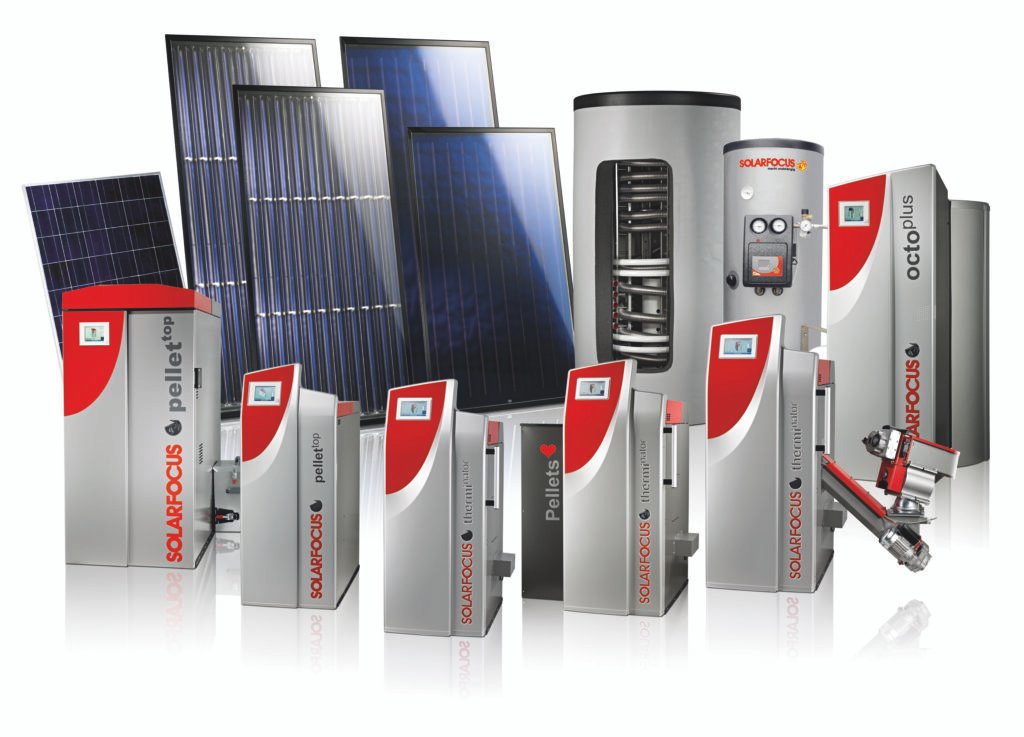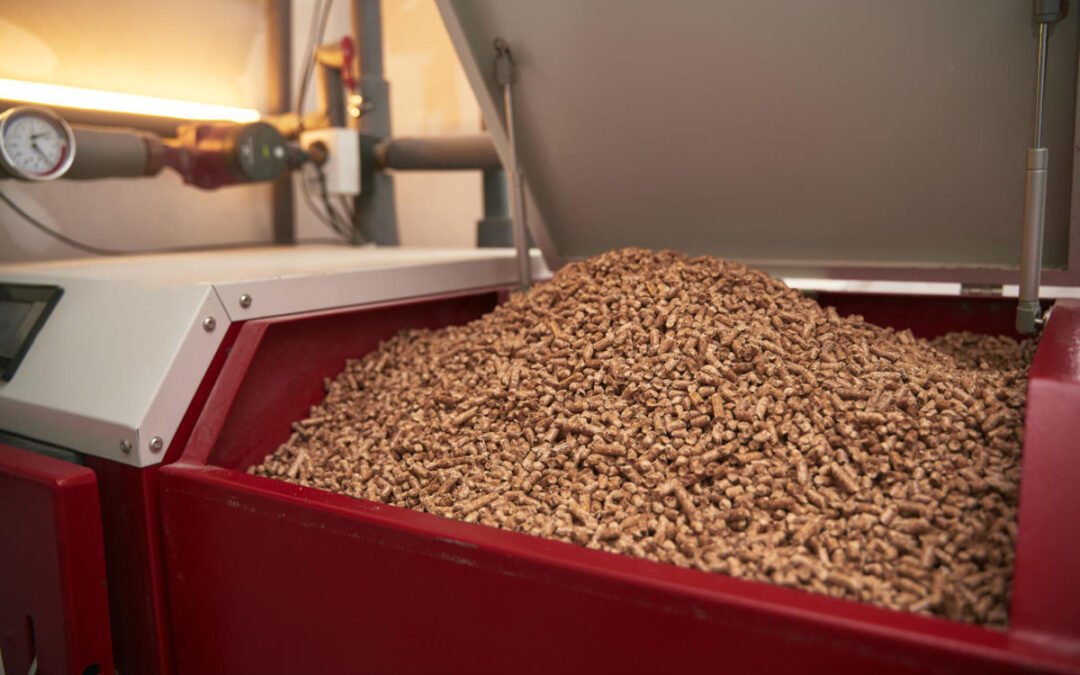When it comes to heating our homes, we are constantly searching for more sustainable and eco-friendly options. Biomass fuel and biomass boilers have emerged as a popular choice for homeowners looking to reduce their carbon footprint. In this comprehensive guide, I will walk you through everything you need to know about biomass fuel and boilers, helping you make an informed decision for your home’s heating needs.
Types of Biomass Fuel and Their Characteristics
Biomass fuel is derived from organic materials such as wood pellets, wood chips, or agricultural waste. Each type of biomass fuel has its own characteristics and benefits. Wood pellets, for example, are highly efficient, produce low emissions, and are readily available. On the other hand, wood chips are more affordable but require larger storage space. Agricultural waste, such as straw or corn, can also be used as biomass fuel and is a cost-effective option.
Different Types of Biomass Boilers and Their Features
Biomass boilers come in various types, each catering to different needs and preferences. The most common types include wood pellet boilers, wood chip boilers, and log boilers. Wood pellet boilers are highly automated and offer precise control over temperature and fuel consumption. Wood chip boilers, on the other hand, are suitable for larger properties and require manual feeding. Log boilers are the simplest and most traditional option, but they require more manual work.
Choosing the Right Biomass Fuel for Your Home
Choosing the right biomass fuel for your home is crucial to ensure optimal performance and efficiency. Consider factors such as availability, cost, and storage space. Wood pellets are a versatile and widely available option, making them a popular choice. However, if you have access to wood chips or agricultural waste, they can be more cost-effective. Evaluate your needs and consult with a professional to determine the best biomass fuel for your home.
Factors to Consider When Selecting a Biomass Boiler
Selecting the right biomass boiler is equally important as choosing the right fuel. Consider factors such as boiler size, efficiency, and emissions. The size of the boiler should be appropriate for your heating demands. Look for boilers with high efficiency ratings to ensure maximum heat output. Additionally, opt for boilers with low emissions to minimize your environmental impact.
The Best Biomass Boilers for Residential Use and Their Prices
There are several high-quality biomass boilers available for residential use. Some popular options include Grant Spira, Windhager BioWIN, and ETA Hack. These boilers offer excellent performance, efficiency, and durability. The prices of biomass boilers vary depending on the brand, size, and features. On average, you can expect to invest between £5,000 and £20,000 for a residential biomass boiler.
Installation Costs of Biomass Heating Systems
Installing a biomass heating system involves several components, including the boiler, fuel storage, and distribution system. The installation costs can vary depending on the complexity of the system and your property’s requirements. On average, you can expect to spend between £10,000 and £20,000 for a complete biomass heating system installation. It is recommended to consult with a professional installer to get an accurate estimate for your specific needs.
Running Costs of Biomass Boilers
The running costs of biomass boilers are influenced by several factors. The primary factor is the cost of the biomass fuel itself. Wood pellets are generally more expensive than wood chips or agricultural waste. Additionally, the efficiency of the boiler and your heating demands also impact the running costs. On average, you can expect to spend around £1,000 to £2,000 per year on fuel for a biomass boiler.
Factors That Affect the Cost of Biomass Boilers
Several factors can affect the cost of biomass boilers. The size and complexity of the boiler, the brand, and the features all contribute to the overall cost. Additionally, the type of biomass fuel you choose can also impact the cost. Wood pellets are generally more expensive than other options. It is essential to consider these factors when budgeting for a biomass boiler to ensure you make an informed decision.
The Cost of Maintaining a Biomass Boiler
Maintaining a biomass boiler is relatively straightforward, but it does incur some costs. Regular servicing and cleaning are essential to ensure the boiler’s efficiency and longevity. The cost of maintenance can range from £200 to £500 per year, depending on the boiler’s size and complexity. It is important to factor in these ongoing maintenance costs when considering the overall cost of a biomass heating system.
Comparing the Cost of Biomass Boilers to Other Heating Options
When comparing the cost of biomass boilers to other heating options, it is essential to consider the long-term benefits and savings. While the initial installation costs may be higher, biomass boilers offer significant cost savings in the long run. They are highly efficient and can significantly reduce your heating bills. Additionally, biomass fuel is often more affordable and stable in price compared to fossil fuels, which are subject to market fluctuations.
Conclusion: Making the Right Choice for Your Home’s Heating Needs
In conclusion, choosing the perfect biomass fuel and biomass boiler for your home requires careful consideration of various factors. Evaluate the characteristics of different biomass fuels and select the one that best suits your needs. Consider the features and efficiency of different biomass boilers to ensure optimal performance. Factor in the installation and running costs, as well as ongoing maintenance expenses, to make an informed decision. By choosing biomass fuel and boilers, you can enjoy a sustainable and eco-friendly heating solution for your home.
Contact a professional biomass boiler engineer today to discuss your biomass heating options and make the switch to a greener future!



